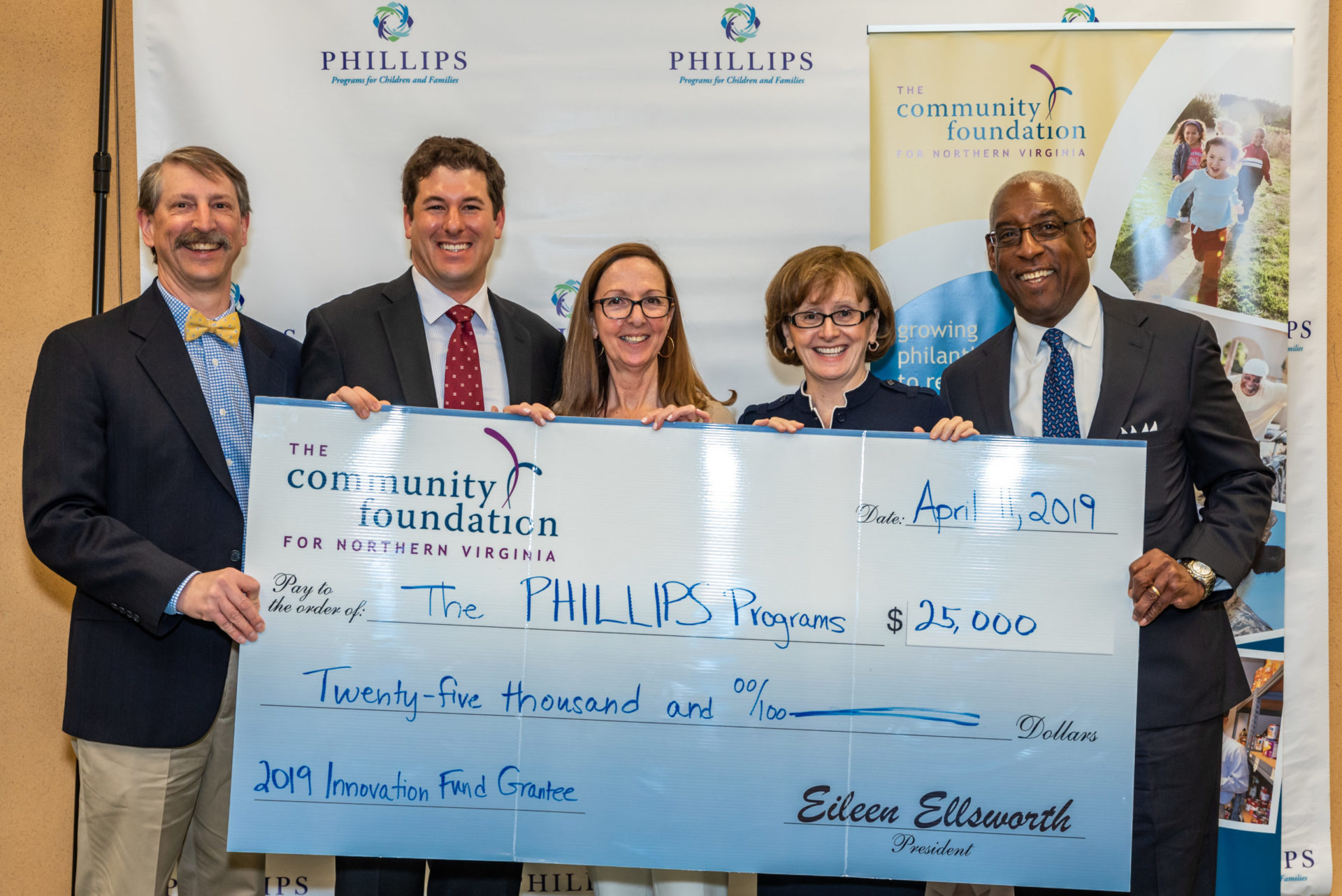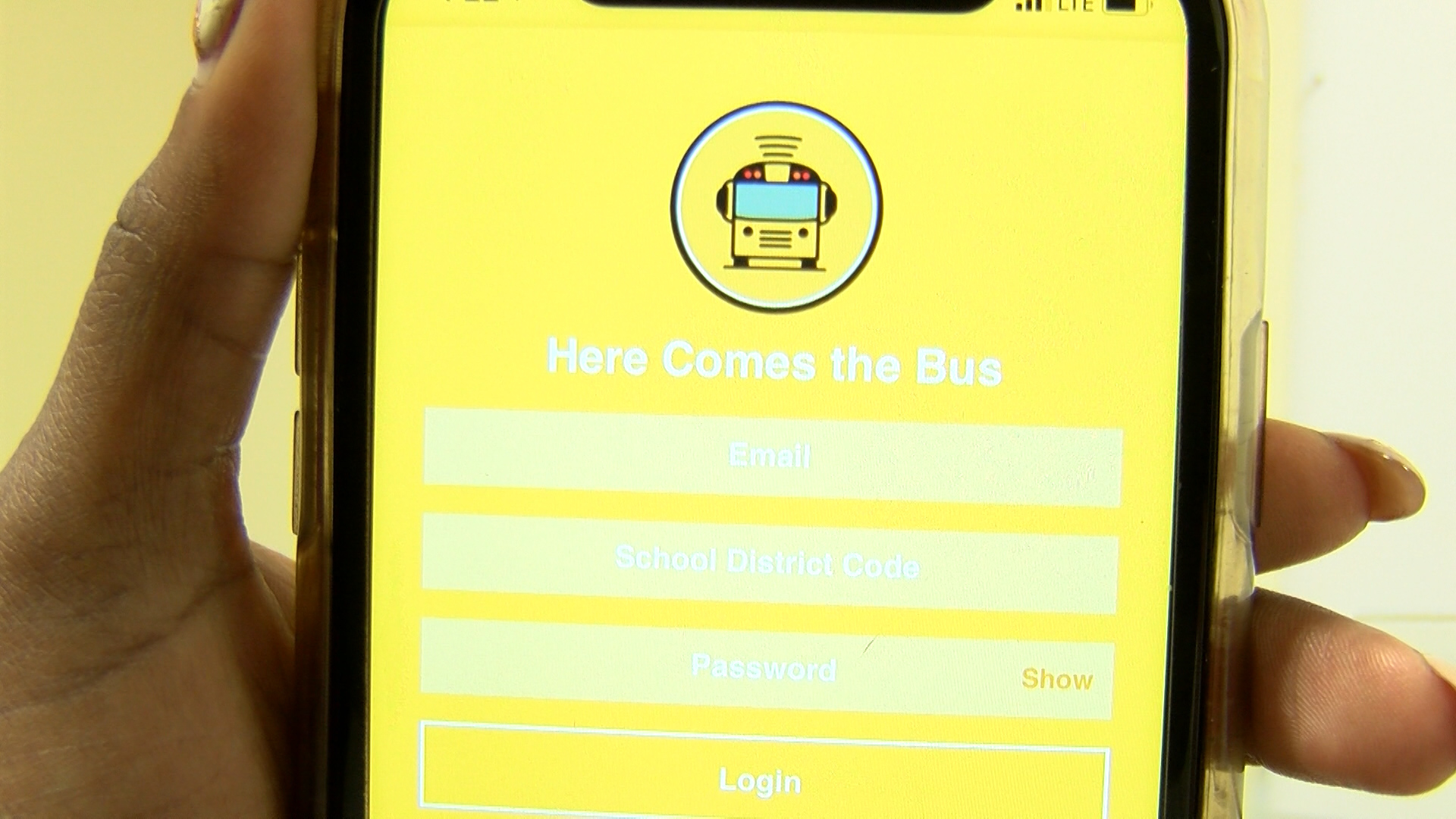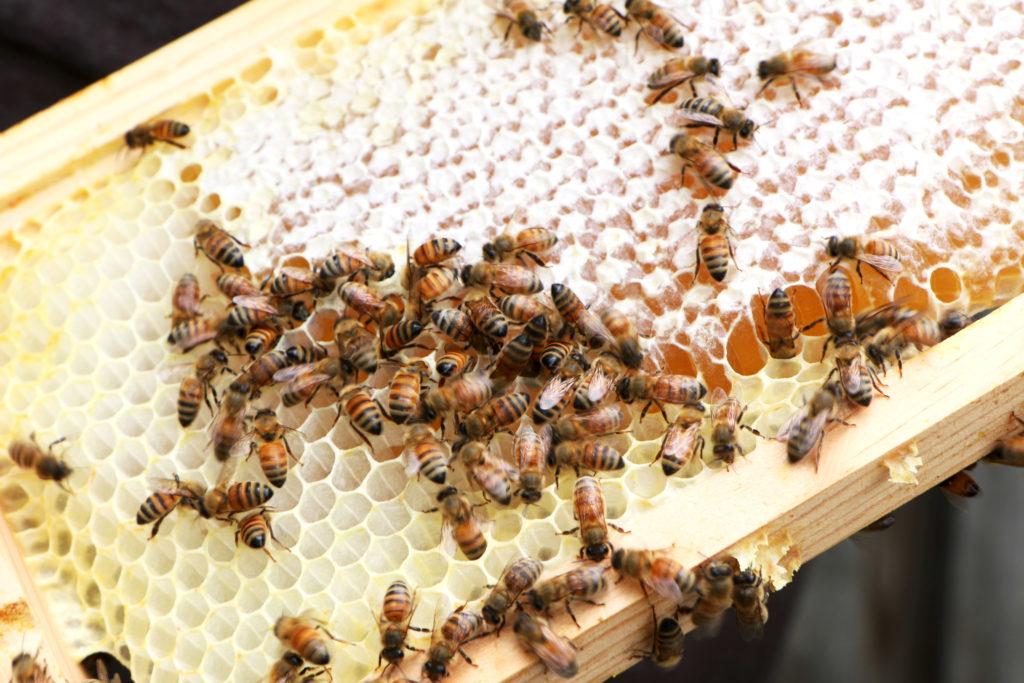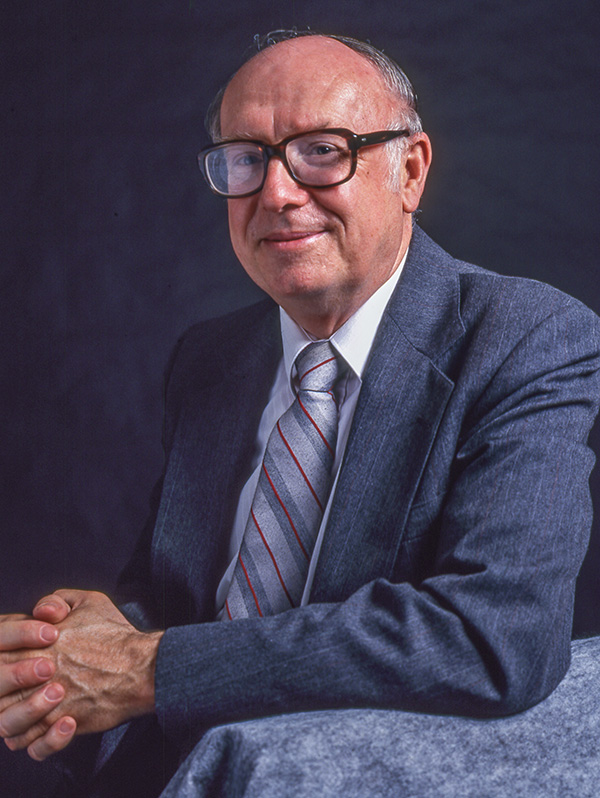E-Newsletter
Innovation touches all aspects of living, working, playing and learning in Fairfax County
Fairfax County is a community where the desire to lean into cutting-edge solutions shapes every aspect of daily life. Innovation is a key driver here, whether in the number of global businesses working on the next big thing in their industries, our school system with cutting-edge programs and technologies, the county government finding new ways to stimulate energy conservation, a foundation seeding a vertical farming effort or a town working to keep native plants thriving. This week’s E-bird Extra dives into updates in innovation from around the county.
Here comes the sun: Fairfax County is leading the way in the use of solar energy in Virginia. On August 20, the county announced it has become the first municipality in the Commonwealth to receive a Gold designation from the national SolSmart program.
SolSmart recognized Fairfax County earlier this year with Silver status for taking action to encourage solar energy growth and remove obstacles to solar development. The new Gold designation comes after the Board of Supervisors voted this summer to amend the zoning ordinance to make it easier to add solar to residential and non-residential buildings.
“We are receiving this Gold designation from SolSmart because the Board of Supervisors continues to invest in the county’s solar-energy programs,” said Kambiz Agazi, director of the Office of Environmental and Energy Coordination. “We are excited to continue working in collaboration with Fairfax County’s residents and businesses to create a greener and more energy efficient community one building at a time.”
To receive this top designation, local governments must establish processes to make it faster, easier and more cost effective to install a solar energy system. This includes streamlining permitting and zoning rules, as well as offering economic incentives.
> Learn more about the incentives Fairfax County offers for the SolSmart program here.
![]()
Vertical innovation: The Oakton-based Community Foundation for Northern Virginia awarded a $25,000 grant to the PHILLIPS Programs for Children and Families, a Fairfax-based nonprofit that serves people ages 6-22 with behavioral health needs and developmental disabilities – and their families – through education, family support services, education and advocacy.
The grant will be used to support the PHILLIPS school’s urban indoor vertical farm that grows fresh produce based on a current vertical farm operation at one of their school programs. The commercial kitchen immerses students in the professional atmosphere of restaurants, food service and catering. Through this innovative vertical farm program, students learn hands-on education and sustainability job skills, by teaching them how to cook the food they grow.
Piper Phillips Casewell, president and CEO at PHILLIPS Programs, said her organization is delighted to have this opportunity. “Through the Innovation Fund Endowment, we will be able to further explore models that increase economic success and the dignity of meaningful employment for young adults with behavioral health needs in our Northern Virginia communities.”
Eileen Ellsworth, president and CEO at the Community Foundation, said the grant aligns with the core mission of the Innovation Fund. “It allows us to support a social enterprise endeavor with a triple bottom line, including economic parity through an employee owned business for people with behavioral health needs,” she said. “It also contributes to the revitalization of a neighborhood in a disinvested community in a green industry that addresses food insecurity and leaves a smaller carbon footprint.”

Edward Shanahan/Breakaway Images Photography
Where’s your bus?: Fairfax County Public Schools announced it has introduced a free school-bus tracking app called Here Comes the Bus for the school year that started this week.
Here Comes the Bus provides parents and guardians with real-time bus-location information through text or email alerts. It combines GPS and bus-routing data and works on smartphones, tablets, or desktop computers. The app uses a graphical interface as well as messaging to indicate the bus’s distance from morning and afternoon bus stops. Here Comes the Bus is available in addition to the FCPS bus delay notification system.
Here Comes the Bus also uses up-to-date security practices. A Student Information System parent account is required to download the app.
FCPS said that while no app should replace established best practices and parental judgment, Here Comes the Bus can provide helpful information about bus locations.
To learn more or to sign up, check out the app page on the Fairfax County Public Schools webpage.

Photo courtesy LocalDVM.com
Bee-friendly: The town of Vienna is now a hive for bee conservation. The Tysons Reporter announced that Vienna is now recognized as one of the nation’s most bee-friendly places.
Bee City USA identifies places taking steps to protect natural pollinators, and Vienna is now one of three places in Virginia with the “Bee City” title. The other two are Lynchburg and Scottsville.
Vienna Mayor Laurie DiRocco said that the bee-friendly certification means the town is “setting a standard of what we would like to do within our community when it comes to native plants and pollinators,” adding that she hopes other neighboring communities follow suit.
Each year, the town is required to pay a $200 fee and report on updates to maintain its listing. In return, Bee City USA will support the city by providing educational materials and outreach ideas.
“We are planting natives, reducing conventional pesticide use and educating the community on the benefits of planting pollinator habitats,” a town spokesperson said.

Photo courtesy Tysons Reporter
Richard Ernst, who transformed Northern Virginia Community College, dies at 86
Richard J. Ernst served for 30 years as president of Northern Virginia Community College and built the two-year school into Virginia’s largest institution of higher education. He died on August 15, but his legacy lives on throughout the region.
According to the Washington Post’s obituary, Ernst joined NOVA in 1968, four years after it was founded. The school had just opened its first campus in Annandale and enrolled about 4,000 students. By the time Ernst retired in 1998, NOVA had expanded to five campuses, including the flagship campus in Annandale, with a sixth (the medical education campus in Springfield) in the planning stages. It was, and remains, the second largest community college in the nation, with 65,000 students taking classes for academic credit.
“He’s certainly put this community on the map with respect to the whole community college movement,” Northern Virginia business leader Edward H. Bersoff said of Ernst in a 1998 Washington Post interview.
The Annandale Blog quoted Mel Schiavelli, NOVA’s current interim president, saying “Dr. Ernst’s legacy is the fundamental framework of this college, our focus on the quality of our faculty, and NOVA’s ongoing commitment to being an educational and workforce necessity for the entire region.”
While Ernst was proudest of having opened the doors of educational opportunity to all who were seeking it, regardless of their ability to pay, he also had a fun side: Ernst often took part in campus pickup basketball games because, he said, “students love to play against the president.”
In addition to his dedication to the growth of NOVA and being a driving force behind expanding a talented workforce in Fairfax County, Ernst was committed to advancing women in higher education, and pioneered an administrative leadership program designed specifically for women and minorities.

Photo courtesy Northern Virginia Community College
News Travels Fast
Stay ahead of the curve with the latest business news from Northern Virginia. Receive updates on moves, incentives, workforce, events and more.